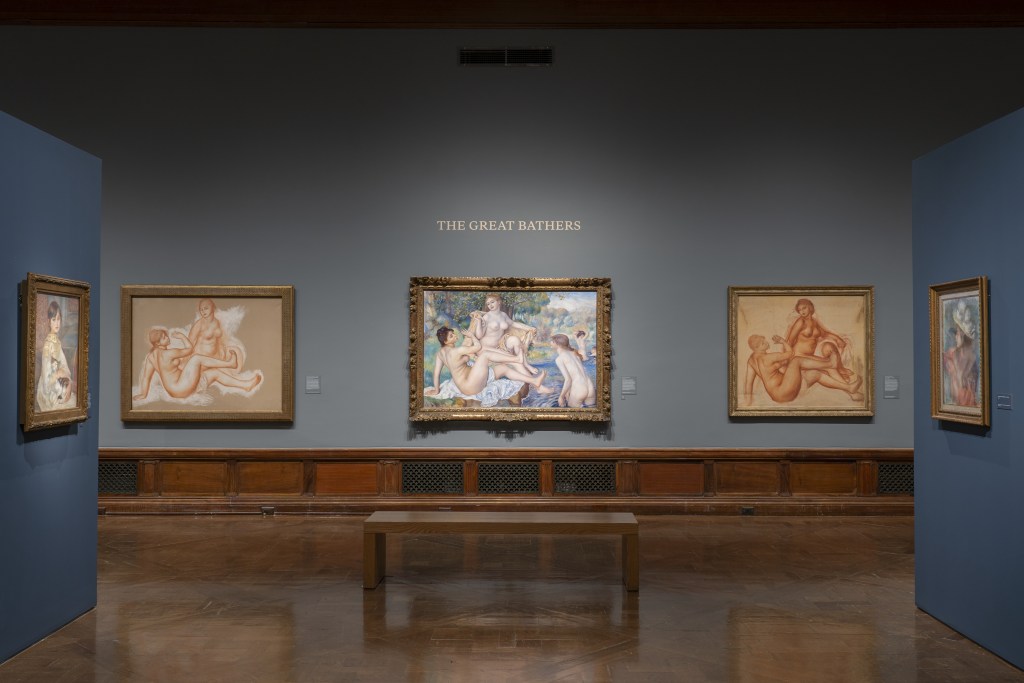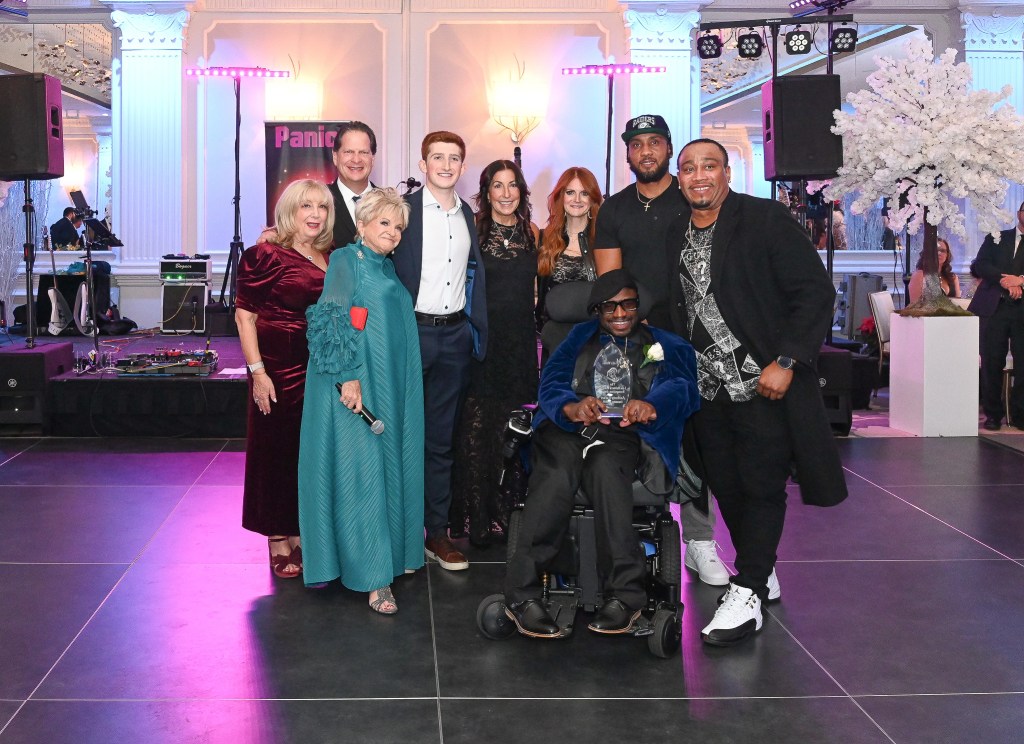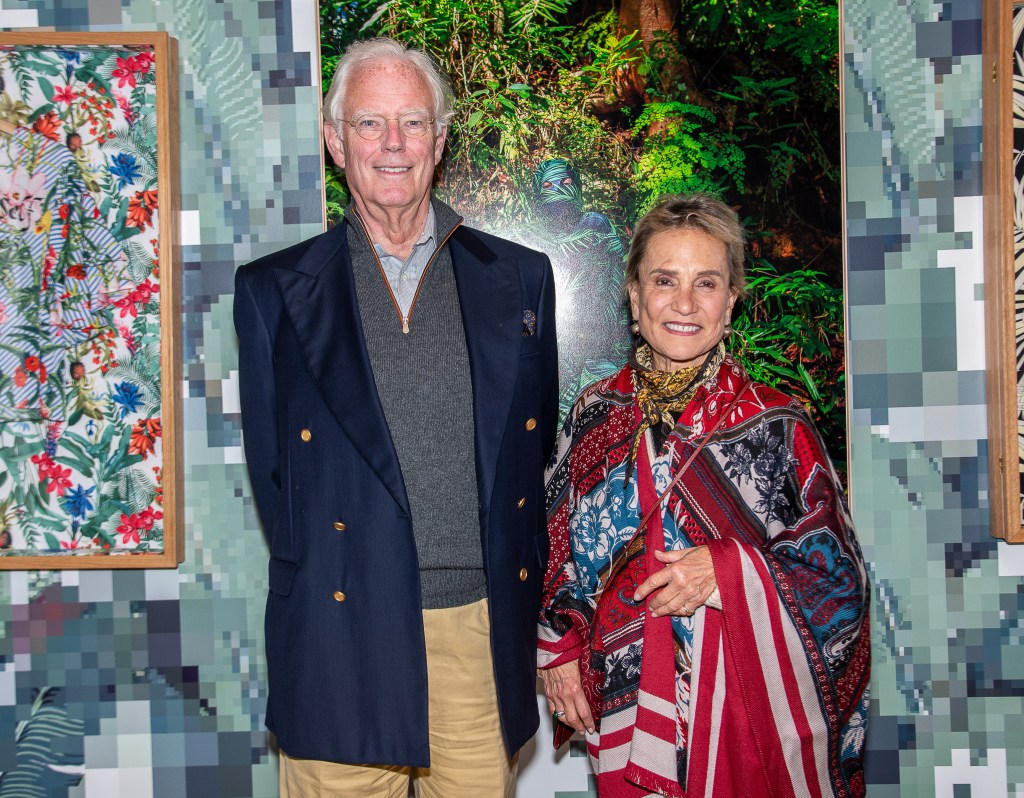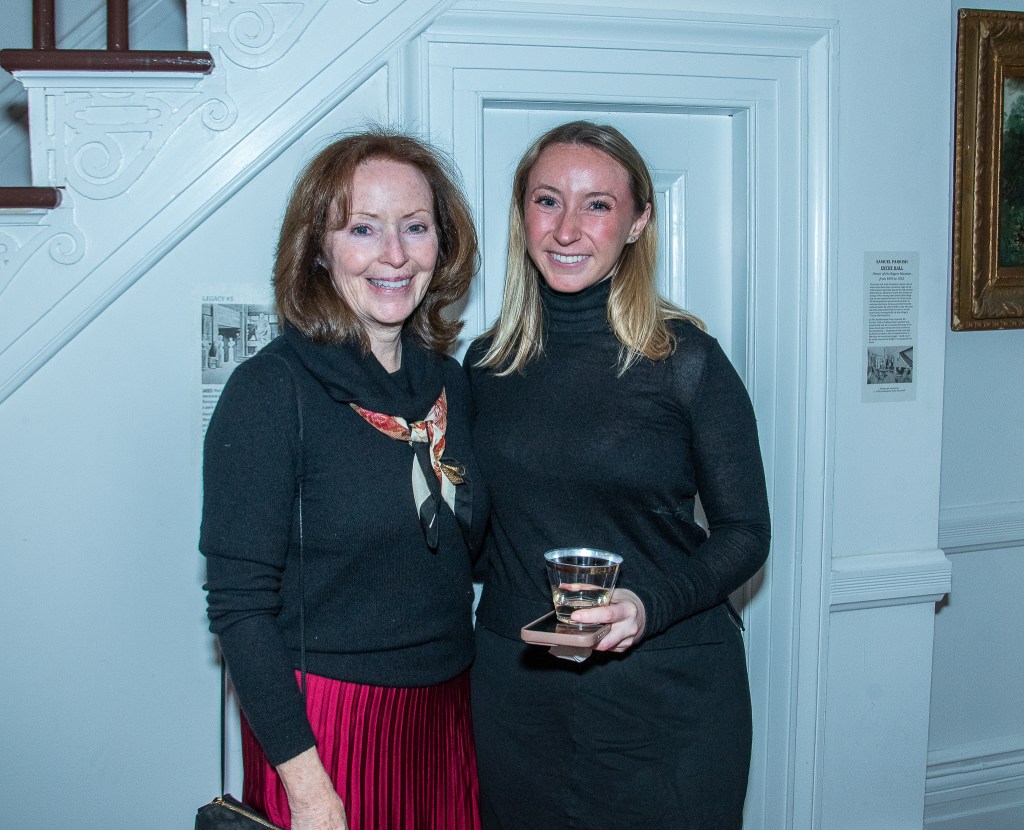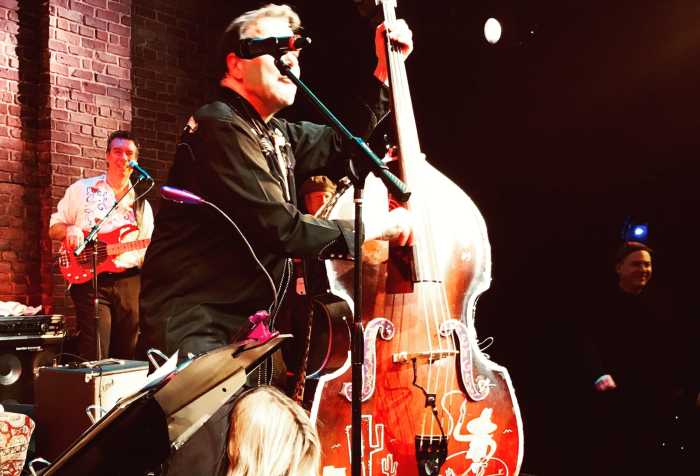My First Office: Maybe It Should Be in the Penthouse of the Tallest Building on the East End
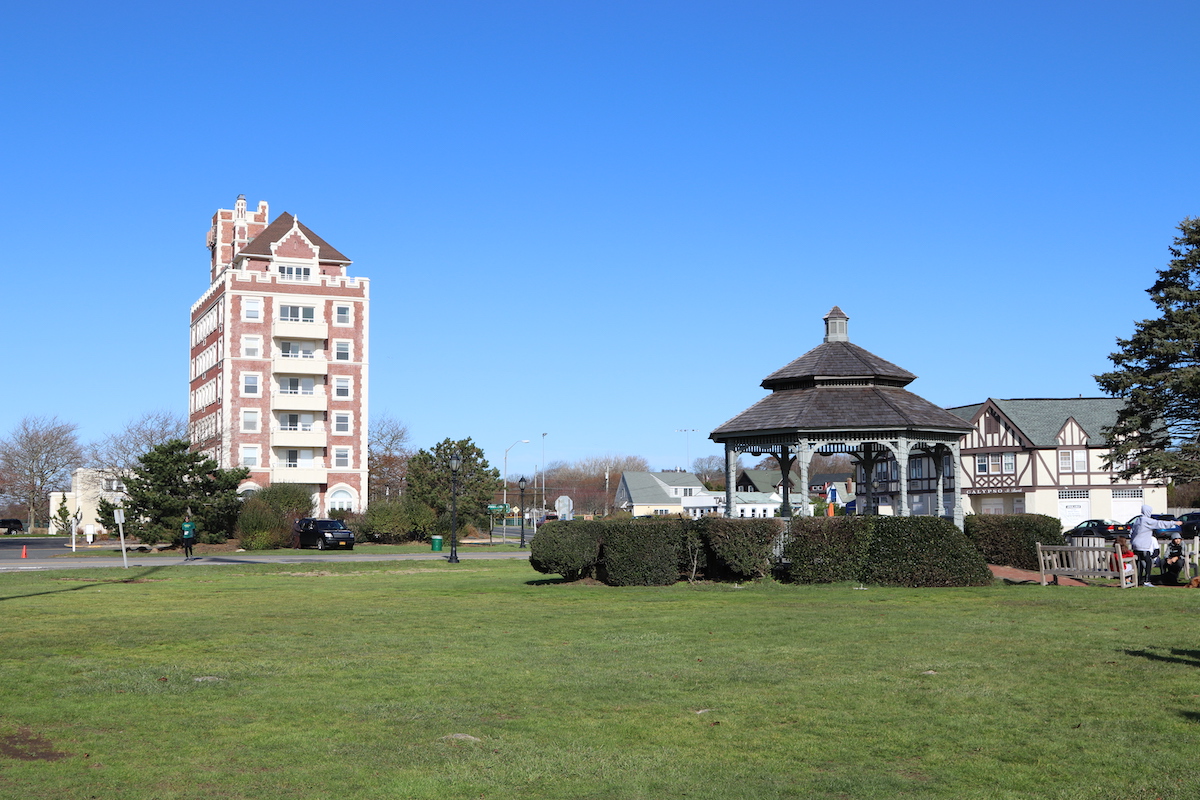
Someone asked me the other day where I had my first Dan’s Papers office. I told them it was the big seven-story building in Montauk, the tallest building on the East End.
At the time, it seemed like a great idea.
That building, in 1964, was abandoned. It had been constructed in the Roaring ’20s by a Miami Beach resort developer who felt that the downtown area of Montauk should be a city. He’d build the first skyscraper facing a new town plaza he’d created. He’d take his rich friends up to the penthouse on the seventh floor and with the wave of an arm show them building lots for sale elsewhere on the Plaza where they could create more skyscrapers. Montauk would be a city of 100,000.
But then the Crash of 1929 intervened, no other skyscrapers appeared, and Carl Fisher had to abandon his dream by going bankrupt.
So by 1956, when my dad moved our family to Montauk and I came along as a teenager, this tall building, its paint peeling, was called the “White Elephant” by all the locals. A spooky place. It never occurred to me then that this would be my first office.
In 1960, though, I started Dan’s Papers in Montauk as a summer newspaper something-to-do while I was home from college. For the first three years, I did everything myself. I sold the ads, wrote the stories, printed 5,000 copies at a print shop and distributed them on my back to, among other places, the 40 new motels that had just been built in various locations for vacationers in that town.
All during that period, between 1960 and 1963, I had no office other than the desk in my bedroom at my parents’ house on South Fairview Avenue in Montauk.
But then I got the idea of having an office, specifically, up in the penthouse, the crowning jewel, of the White Elephant.
By that time, the building had become occupied. Or at least the first floor did. The year before, a real estate firm calling itself the Montauk Improvement Company had remodeled the interior at street level. It was a new company, now picking up the pieces from the Carl Fisher bankruptcy, in business to “improve” Montauk by selling off the many lots Mr. Fisher had failed to sell.So now there was somebody to see on the first floor about the penthouse up top. His name was Frank Tuma, the manager. I just walked in past a receptionist and sat across from him until he got off the phone. I knew him and he knew me. He had a small ad in the paper.
“It’s time for me to have an office,” I said. “The paper has grown. Not enough for me to be able to pay any rent. Anyway. I’d like to be up in that penthouse. Could I have it? I’d only need it for the summer. Then I’m off to grad school.”
“Knock yourself out,” he said.
I thanked him and moseyed over toward the bank of elevators to go up. I was very excited.
“Use the stairs,” Frank said. “The elevators haven’t worked since 1938.” He pointed to a curved stairway that led up to a mezzanine.
Well, that wouldn’t stop me. So up I went. Way up top, the penthouse consisted of two rooms that had doors leading outside. A tiled patio surrounded the penthouse. I went out and got giddy enjoying the best view of the entire Montauk peninsula. Then I went back inside. One room was a living room, kitchen and bar. The other room was a bedroom where a king-sized bed faced an enormous fireplace with an oil painting—tattered but still on the wall—of a giant bull. Carl’s hideaway.
It had, however, been a heck of a climb up all those stairs. I decided I’d find a desk somewhere further down. It was certainly more sensible.
I checked out each of the five floors on the way down. Each was an open space containing a dozen or more old wooden desks and chairs for office workers. Papers, old manual typewriters, two-piece telephones and blotters were strewn about. There were also filing cabinets, conference tables and bookshelves. Everything was covered with dust. And on one wall, on the third floor, I saw a large wall calendar opened to JUNE 1938. There also was a men’s room and a ladies’ room on each floor. They were wedged between the elevator and a small private office for a floor manager. Of course, the toilets didn’t flush. There was no running water upstairs.
Apparently, the workers had abandoned the building on a single day in June of 1938. Just upped and walked out.
Eventually I settled in the small semi-private floor manager’s office on the third floor. Out its window, I could see over the town. So there, on a beat-up old Remington typewriter, I wrote the stories for the newspaper that summer.
At one point, I asked Mr. Tuma if I could put a small Dan’s Papers sign over the entrance to the building, next to the much larger MONTAUK IMPROVEMENT COMPANY sign. He sighed and said no. But he said yes to another request.
I’d told him I liked being alone up there. But customers might want to come up. Could he arrange for a secretary to show a visitor the stairs? He could.
“How about,” I asked, “if a secretary could use an intercom to tell me somebody had come in?” I told him how we could do it. We could run a wire from an intercom on a secretary’s desk out the window on the first floor then up the outside wall to the second floor and into my window. What did he think?
“I’ll do one better,” Frank said. “I’ll run a wire out the window to a phone extension up there. It will be your line. and we’ll answer it on the first floor when you aren’t there.”
I was overjoyed.
So that’s where I worked all that summer, the window open to catch the breezes and, of course, to allow for all my telephone calls, coming in or going out.
One day the secretary called my extension to tell me I had a visitor. This was the only visitor I had that whole summer.
“He’s a salesman from IBM. He wants to sell you to the new IBM Selectric Composer typewriter.”
“I don’t want one. I have my Remington.”
“What do you want me to do? He says he came all the way out to see you.”
“Well, send him up,” I sighed.
And so this sweaty, heavyset man in a suit and tie came puffing upstairs, out of breath, carrying a very heavy typewriter. Dangling from it was an electric cord. I’d seen the ads for it. It was a big deal. Using it made it easier to press the keys. He grunted, plopped it down on my desk and sat across from me.
Next he shook my hand, gave me his business card and, after a brief introduction, gave me an enthusiastic 10-minute sales pitch describing all the typewriter’s features. When it ended, he patted it on the top.
“Well, what do think?” he said. “You’re going to want one for all of your reporters.”
“I’d heard it makes a loud whirring noise.”
“I’ll show you what this baby can do,” he said. patting it again. He grabbed the cord. “Where can I plug it in? Judge it for yourself.”
“There’s no electricity up here,” I told him.
This was followed by a long silence. And then he said “Oh,” sat another minute, then stood, gathered up his machine and left.
* * *
When summer ended, I cleared my desk and also took—or stole—half a dozen files from an old filing cabinet behind where I was sitting. The files contained back-and-forth correspondence from 1937 between Carl Fisher in retirement in Miami Beach and Tom Ringwood, the manager of Carl’s bankrupt company in Montauk.
Carl was asking if the advertising in the New York Daily Mirror resulted in any sales. Had the 40th reunion of the Rough Riders in Montauk brought any new business? What about the car races?
Nothing had worked, Ringwood wrote back.
I felt like a thief, stealing those files. And so I gave the originals to the Wolfson Museum in Miami Beach, and copies I’d made went to the Montauk Library.
The next summer I had a real office in a barn on Gay Lane in East Hampton. Ten years later, the “White Elephant” was converted into a condominium and, I believe, all the contents on those upper floors were hauled off to the dump.
I wished I’d taken more.
